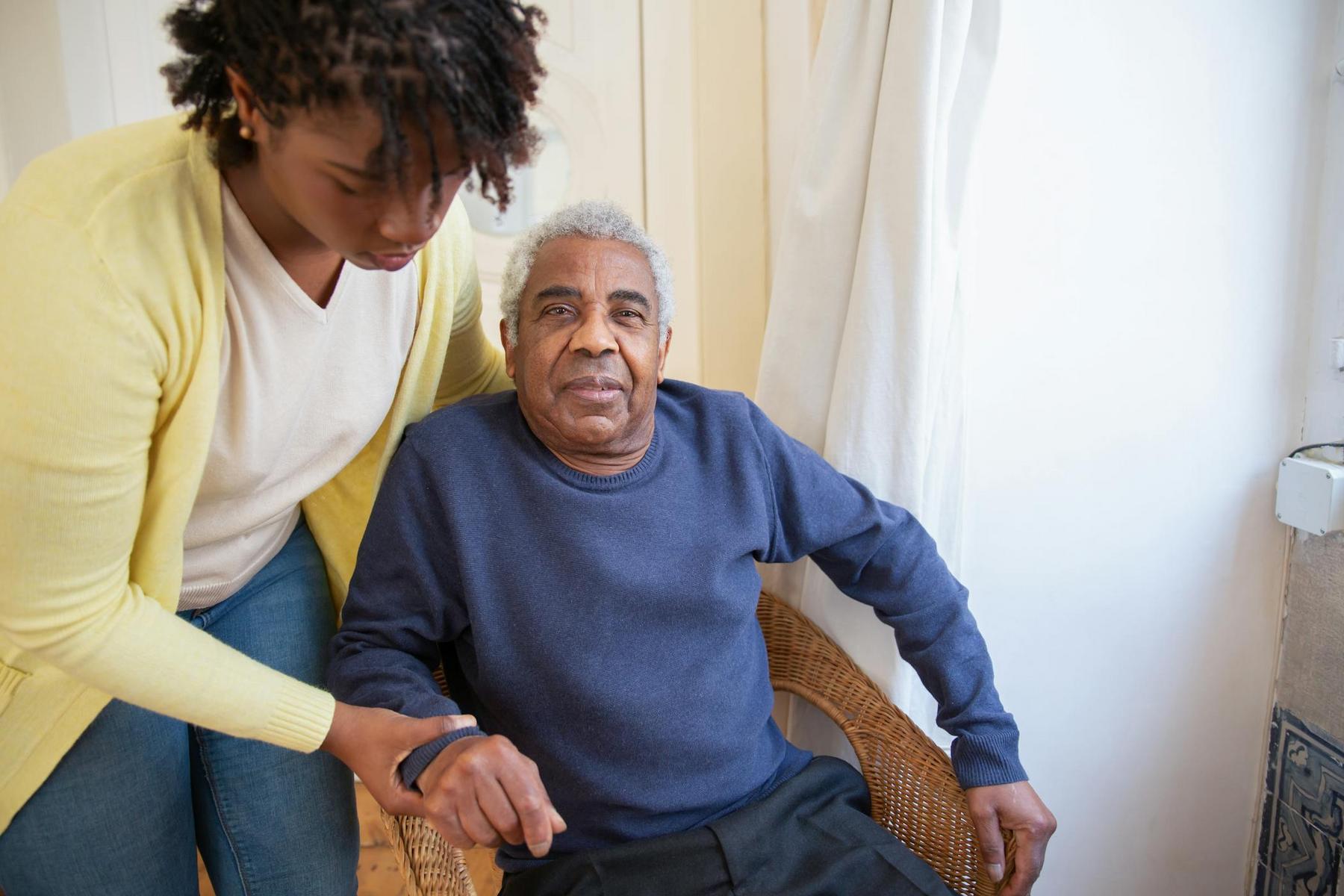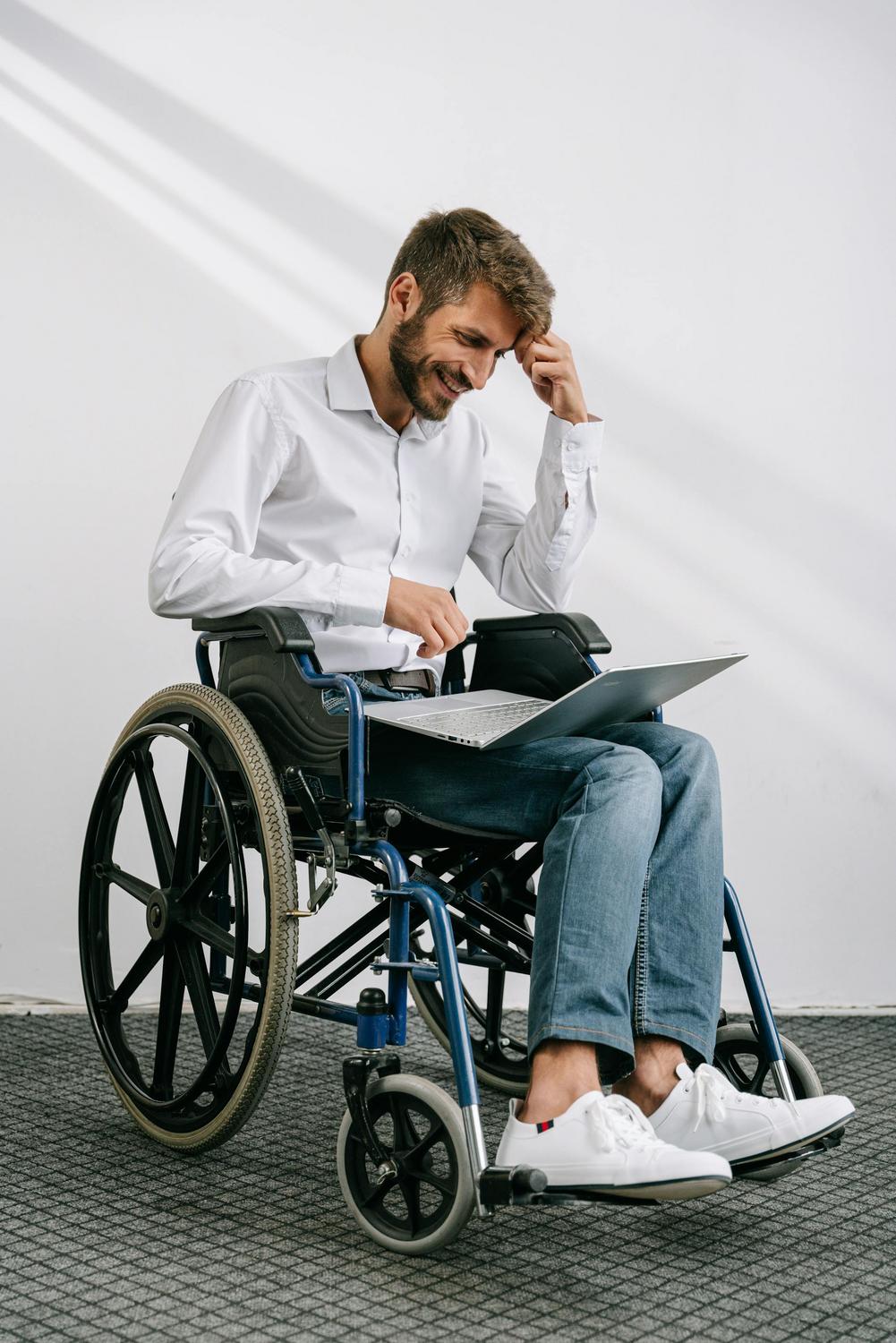Family caregiving in Australia has reached a critical juncture. With 94% of caregivers reporting feeling physically or mentally exhausted from their responsibilities, the need for effective burnout prevention strategies has never been more urgent. For families in Cairns and Brisbane, where the demands of caring for loved ones with disabilities or chronic conditions can feel overwhelming, understanding and implementing evidence-based approaches to caregiver wellness isn’t just beneficial—it’s essential for sustainable, compassionate care.
What Makes Mindfulness-Based Interventions So Effective for Caregiver Stress?
Mindfulness-based interventions have emerged as one of the most rigorously researched approaches for reducing family caregiver burnout, offering practical tools that fit into even the busiest caregiving schedules. The Balance Study, a landmark piece of research, demonstrated that Mindfulness-Based Stress Reduction (MBSR) programs significantly outperformed traditional support groups in reducing caregiver stress, depression, and improving overall mental health outcomes.
The effectiveness of mindfulness for caregivers lies in its ability to create psychological distance from overwhelming thoughts and emotions through a process called decentering. This means caregivers learn to observe their stress responses as temporary experiences rather than permanent reflections of their capabilities or circumstances. For Queensland families managing intensive care situations, this skill proves invaluable in maintaining emotional equilibrium during challenging periods.
Practical Mindfulness Applications for Busy Caregivers:
Daily Mindfulness Practice
- 10-minute morning breathing exercises
- Mindful walking during breaks
- Body scan techniques before sleep
- Present-moment awareness during routine tasks
Technology-Enhanced Options
Single-session mindfulness interventions combined with mobile app support show remarkable promise for time-constrained caregivers. These abbreviated programs maintain core mindfulness principles whilst adapting to the unpredictable nature of caregiving responsibilities. Research indicates that even brief exposure to mindfulness techniques can provide meaningful stress reduction when supported by ongoing practice opportunities through smartphone applications.
The relationship between caregiver mindfulness and care recipient outcomes creates positive feedback loops that benefit entire families. Studies demonstrate that greater caregiver mindfulness correlates with improved cognitive performance and higher health-related quality of life among care recipients, suggesting that investing in caregiver wellbeing directly enhances the quality of care provided.
How Can Technology Transform Your Caregiving Experience?
Technology-enabled support solutions address multiple aspects of caregiver burden whilst providing accessible, scalable interventions that work around family schedules. For Cairns and Brisbane families, these digital tools offer particular value in overcoming geographical barriers and accessing specialist support that might otherwise require extensive travel.
Voice-enabled technologies, including smart speakers and voice assistants, provide hands-free operation that’s perfect for busy caregivers. These systems offer medication reminders, emergency calling capabilities, information access, and entertainment options for both caregivers and care recipients. The integration of artificial intelligence enables these platforms to learn family patterns and provide increasingly personalised support over time.
Key Technology Categories for Caregiver Support:
| Technology Type | Primary Benefits | Practical Applications |
|---|---|---|
| Telehealth Platforms | Remote healthcare access | Virtual consultations, prescription management |
| Mobile Health Apps | Stress management, education | Meditation guides, care coordination, mood tracking |
| IoT Home Systems | Safety monitoring, automation | Fall detection, medication dispensing, environmental control |
| Care Coordination Platforms | Administrative burden reduction | Appointment scheduling, communication, document storage |
Mobile health applications specifically designed for caregiver support demonstrate significant potential for stress reduction and improved wellbeing. These platforms typically incorporate mindfulness training, relaxation techniques, mood tracking, and educational resources that enable caregivers to monitor their own wellbeing whilst accessing evidence-based stress reduction tools whenever needed.
Care coordination platforms address one of the most challenging aspects of family caregiving by providing centralised systems for managing appointments, medications, healthcare provider communications, and essential health information. These platforms significantly reduce administrative burden whilst improving care continuity—crucial factors in preventing caregiver overwhelm.
Why Is Self-Care Essential, Not Selfish, for Family Caregivers?
Self-care represents a fundamental component of burnout prevention that extends far beyond simple stress management to encompass comprehensive wellness approaches addressing physical, emotional, and psychological wellbeing simultaneously. Research examining self-care interventions for family caregivers demonstrates significant potential for reducing depression and improving overall mental health, though the challenge lies in helping caregivers recognise that attending to their own needs enhances rather than detracts from their caregiving effectiveness.
Physical Self-Care Foundations:
- Maintaining proper nutrition through meal planning and preparation
- Engaging in regular exercise adapted to available time and energy
- Ensuring adequate sleep through improved sleep hygiene practices
- Attending regular healthcare appointments for preventive care
Nutritional self-care deserves particular attention given caregivers’ tendency to neglect meal planning due to time constraints and stress. Poor nutrition exacerbates stress responses, reduces energy levels, and compromises immune system functioning, creating cycles where inadequate self-care leads to increased vulnerability and further stress.
Emotional and Social Self-Care Strategies:
Exercise and physical activity provide multiple benefits including improved sleep quality, enhanced mood regulation, stress reduction, and increased energy levels. The challenge for many caregivers involves finding time and energy for physical activity whilst managing intensive responsibilities. Flexible approaches that can be implemented in short periods or within home environments prove most practical for family caregivers.
Social connection maintenance constitutes an essential element of psychological self-care. Research consistently demonstrates that social isolation significantly contributes to caregiver stress and depression, whilst strong support networks provide crucial protective factors against burnout. Maintaining relationships requires deliberate effort for caregivers who may gradually withdraw from social activities due to time constraints and caregiving demands.
Meta-analytic research reveals that combined intervention approaches prove more effective than single-component programs. Face-to-face interventions combined with online or telephone support demonstrate superior outcomes compared to purely digital or purely in-person approaches, suggesting that effective self-care benefits from multiple support modalities.
What Role Does Respite Care Play in Preventing Caregiver Burnout?
Respite care represents one of the most direct and effective interventions for preventing family caregiver burnout, providing temporary relief that enables restoration of physical and emotional resources. Despite clear evidence of benefits, utilisation remains surprisingly low, with only 21% of surveyed caregivers reporting use of in-home respite services. This underutilisation stems from cost considerations, quality concerns, guilt about taking breaks, and lack of awareness about available options.
Types of Respite Care Available:
In-Home Respite Care Trained care providers come to the family residence to provide temporary care whilst the primary caregiver takes breaks. This model offers advantages including familiar environments for care recipients, scheduling flexibility, and elimination of transportation requirements. In-home respite can range from a few hours to overnight care, enabling various restoration activities.
Centre-Based Day Programs Structured activities and professional supervision in community settings provide extended relief periods whilst offering social activities, therapeutic interventions, and health monitoring that benefit care recipients. These programs prove particularly valuable for caregivers working outside the home or needing predictable weekly breaks.
Overnight Respite Care The most intensive form of respite support provides extended relief ranging from single nights to multiple weeks. This level enables caregivers to engage in activities requiring extended time commitments, such as travel, medical procedures, or intensive personal restoration.
The impact of respite care extends beyond simple stress relief to encompass improved family communication, strengthened relationships, and enhanced overall family functioning. When caregivers return from respite breaks, they typically demonstrate greater patience, attentiveness, and emotional availability, benefiting both care recipients and other family members.
Research examining optimal implementation emphasises utilising respite as a preventive intervention rather than waiting until burnout occurs. Proactive respite scheduling enables caregivers to maintain wellbeing consistently rather than attempting recovery from severe stress after development. Regular arrangements, even for brief periods, appear more beneficial than infrequent extended breaks.
How Can Peer Support Networks Transform Your Caregiving Journey?
Peer support networks represent powerful intervention modalities for reducing family caregiver burnout through shared experiences, mutual assistance, and collective problem-solving approaches. The effectiveness stems from unique understanding and empathy that can only be provided by individuals who have experienced similar challenges and circumstances.
The Veterans Administration’s Caregiver Peer Support Mentoring Program provides a comprehensive model for structured peer support implementation. This program pairs experienced caregivers (mentors) with those newer to caregiving roles (mentees), creating supportive relationships that provide practical guidance, emotional support, and social connection. Mentors receive training in supportive communication, resource sharing, and relationship building.
Benefits for All Participants:
For Mentors:
- Increased sense of purpose and meaning in caregiving experiences
- Enhanced self-efficacy through helping others
- Expanded social networks through program participation
- Personal growth through sharing expertise and experience
For Mentees:
- Practical caregiving tips based on real experience
- Emotional support from understanding peers
- Reduced feelings of isolation and uniqueness in struggles
- Connection to resources and services successfully utilised by mentors
community-based peer support groups provide structured opportunities for caregivers to share experiences, learn from one another, and receive mutual support. These groups may be general in nature or specialised for specific populations such as caregivers of individuals with dementia, disabilities, or particular medical conditions.
Technology-enabled peer support platforms connect caregivers who cannot participate in traditional in-person activities due to geographical, transportation, or scheduling barriers. Online support groups, social media communities, and specialised networking platforms provide 24-hour access to peer support whilst enabling participation from previously isolated caregivers.
Understanding Government Support Systems and Services
Government and institutional support systems form crucial infrastructure for addressing family caregiver burnout through policy initiatives, funding programs, and service delivery mechanisms. In Australia, coordinated caregiver support systems reflect growing recognition of the essential role family caregivers play in healthcare and disability support systems.
Key Australian Support Programs:
The Carer Gateway initiative represents Australia’s primary coordinated approach to caregiver support, providing centralised access to information, services, and support resources. This comprehensive system offers counselling support, targeted coaching, peer support connections, emergency respite care, and equipment assistance. The integrated nature enables caregivers to access multiple support types through single contact points.
Financial support programs acknowledge the significant economic impacts of caregiving responsibilities. Services Australia administers various payment programs including Carer Payment for intensive care provision, Carer Allowance as supplementary support, and specialised payments such as Carer Adjustment Payment for families adapting to new responsibilities.
The National Disability Insurance Scheme (NDIS) provides comprehensive approaches to supporting individuals with disabilities and families, including respite care, support coordination, and capacity building services that significantly reduce family caregiver burden. NDIS funding supports Short-Term Accommodation, assistive technologies, home modifications, and professional services that enhance care recipient independence.
For families in Cairns and Brisbane, understanding and accessing these support systems can significantly reduce caregiver burden whilst ensuring loved ones receive appropriate care. Local providers work within these frameworks to deliver personalised, comprehensive support that addresses individual family circumstances and needs.
Moving Forward: Creating Sustainable Caregiving Solutions
The evidence clearly demonstrates that preventing family caregiver burnout requires comprehensive, multi-faceted approaches addressing individual, interpersonal, community, and systemic factors contributing to caregiver stress. Effective burnout prevention necessitates the coordinated implementation of multiple support strategies rather than reliance on single interventions, recognising that caregiver needs are diverse and multidimensional.
Early intervention proves more effective and cost-efficient than waiting until severe burnout develops, suggesting that support services should be readily available and proactively offered to families beginning caregiving journeys. Individualised approaches that accommodate diverse circumstances, preferences, and needs achieve more meaningful engagement and sustained benefit than standardised interventions.
The integration of evidence-based strategies—from mindfulness interventions and technology-enabled support to respite care and peer networks—creates comprehensive support systems that can meaningfully impact caregiver wellbeing and sustainability. For Queensland families, accessing professional support services that understand both the challenges of caregiving and the resources available represents an important step in preventing burnout whilst maintaining high-quality care for loved ones.
Investment in research, service development, and policy initiatives supporting family caregivers represents not only a compassionate response to individual suffering but also sound public health policy that enhances community-based care sustainability while improving outcomes for both caregivers and care recipients.
What are the early warning signs of caregiver burnout I should watch for?
Early warning signs include chronic exhaustion despite adequate rest, increased irritability or impatience with care recipients, social withdrawal from friends and activities, frequent illness or physical complaints, changes in appetite or sleep patterns, and feelings of hopelessness or resentment about caregiving responsibilities. Recognising these signs early enables intervention before severe burnout develops.
How can I access respite care services in Cairns or Brisbane if I’m worried about the cost?
Several funding options exist for Queensland families, including NDIS Short-Term Accommodation funding for eligible participants, Commonwealth Home Support Program services for older Australians, and Carer Gateway emergency respite services. Many providers offer sliding scale fees based on family income, and some community organisations provide volunteer respite services at reduced costs.
Are mindfulness techniques really effective if I can only spare 10-15 minutes daily?
Research demonstrates that even brief mindfulness practice can provide meaningful stress reduction for family caregivers. Single-session interventions combined with short daily practices using mobile apps show significant benefits. The key is consistency rather than duration—regular 10-minute sessions prove more beneficial than occasional longer practices.
What technology solutions are most helpful for caregivers who aren’t particularly tech-savvy?
Voice-activated systems like smart speakers offer the easiest entry point, requiring only simple voice commands for medication reminders, emergency calling, and information access. Basic smartphone apps with large buttons and simple interfaces provide stress management tools, while telehealth platforms typically offer technical support to help families become comfortable with video consultations.
How do I know if I qualify for government support payments as a family caregiver?
Eligibility depends on the intensity of care provided and your circumstances. Carer Payment requires providing care equivalent to full-time work, whereas Carer Allowance has less restrictive requirements. Contact Services Australia or speak with a local support service to discuss your situation and determine potential eligibility for the various programs available to Queensland families.



